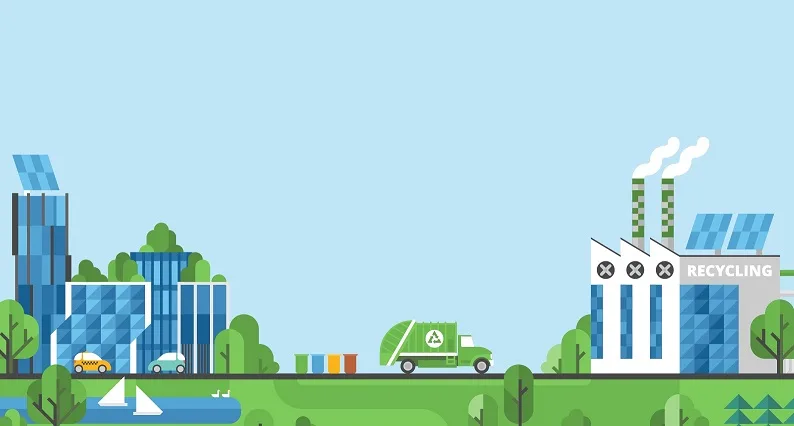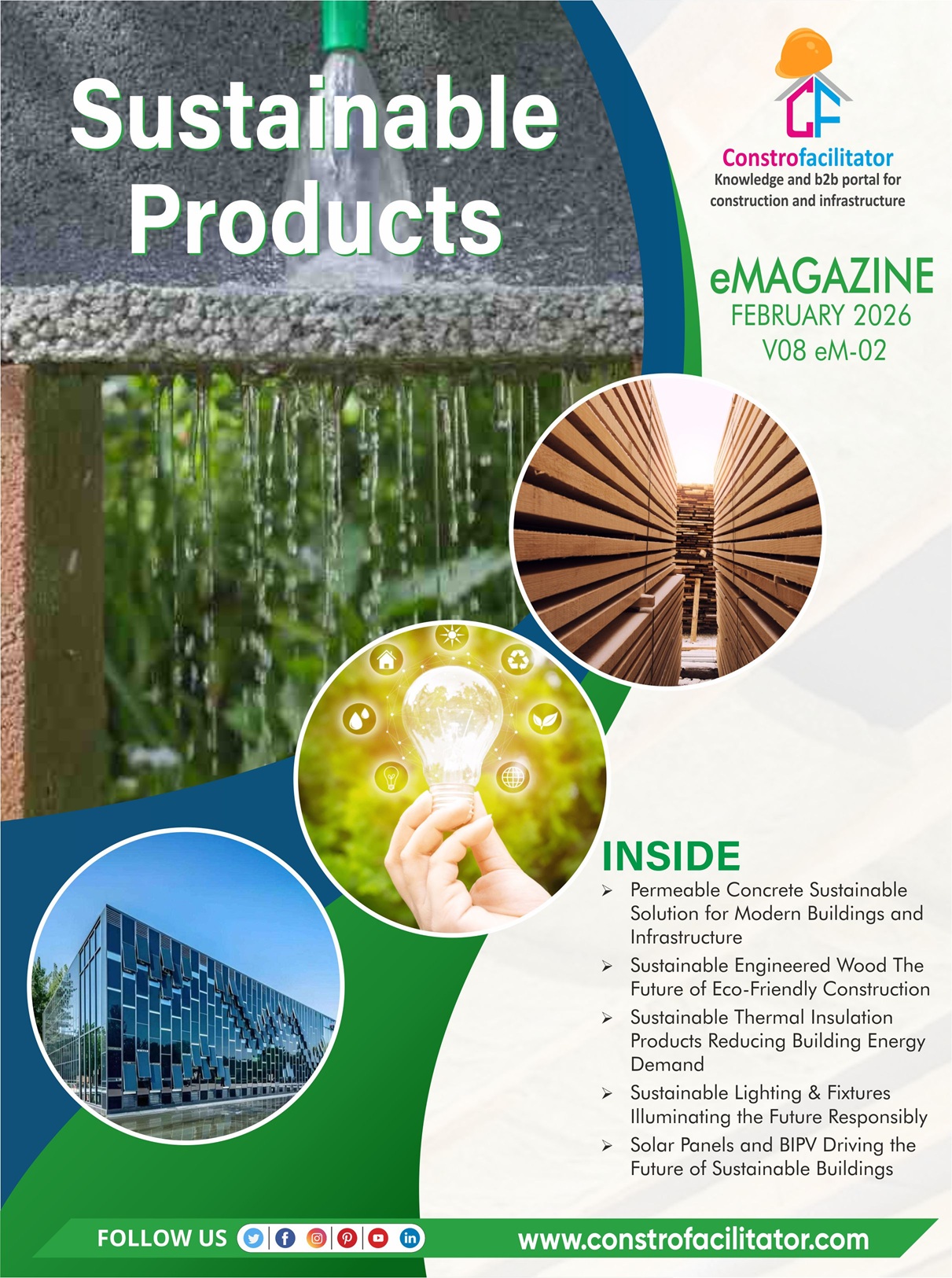Making environmentally conscious decisions not only shields our dear planet from harm but also proves to be financially savvy. This holds true especially in today’s times where fees for landfill uses are on an upward trajectory. Imagine saving your pocket while doing your bit for Mother Earth – quite the win-win, wouldn’t you say?
And that’s precisely what adhering to eco-friendly strategies can achieve! In this comprehensive guide, we will explore various environmentally friendly disposal and recycling practices for construction waste management—ranging from same-day rubbish removal services to utilizing recycled materials in construction activities.
By incorporating these methods into your projects, you’ll contribute to ensuring a sustainable future for generations to come.
Reducing Waste at its Source through Pre-Planning Measures
To begin with, proactively reducing waste at its source during pre-planning stages is vital for achieving an economical and sustainable construction project. Planning allows you to minimize material waste better and tailor recycling efforts throughout the construction process. Here are some strategies:
Material Estimation and Efficient Design
The first step in minimizing construction waste is creating designs that require fewer raw materials while remaining sturdy and functional. Additionally, accurate material estimation – supported by all the statistics provided – helps ensure optimal utilization of all resources at hand without generating excess waste. This results from purchasing only the required quantity of material due to precise measurements.
Lean Construction Practices
Adopting lean construction methods involves implementing sustainable construction techniques that focus on reducing material use and promoting cost efficiency while maintaining the original integrity of the structure.
Lean construction practices often involve using prefabricated materials, modular building elements, and optimizing planning to avoid waste.
Identifying Waste Disposal and Recycling Opportunities
Not all construction wastes are equal—understanding how to classify different types of waste makes it significantly easier to adopt eco-friendly disposal methods. Waste commonly produced at construction sites can be divided into three categories:
Inert Waste
Inert waste refers to materials such as bricks, concrete, and stones that do not undergo physical or chemical transformations over time. This type of waste can be crushed and used as backfilling material or incorporated in road base material after processing. Research initiatives have been developing innovative applications for utilizing inert rubble, including producing eco-friendly aggregates.
Recyclable Waste
Various construction materials can be recycled when segregated correctly throughout a project’s lifespan, including metal scrap, wood pallets, cardboard packaging, plumbing fixtures, windows, doors, and insulation materials. Established recycling programs exist for these materials due to their potential life cycles beyond a single-use scenario.
Hazardous Waste
In the course of bustling construction projects, hazardous waste manifests itself in various forms such as solvents, remnants of paint, adhesives teeming with toxic components, or other substances that may pose a risk to human well-being or our environment.
It’s pertinent that these materials are handled with care and disposed of in an accountable manner – one that adheres strictly to local rules and guiding principles. Indeed, responsibility is just not an option here but a non-negotiable mandate when dealing with possible threats to health and nature.
Managing Construction Rubbish through Disposal & Recycling Services
The selection of an appropriate disposal and recycling service is vital for environmentally friendly management of construction waste. Same-Day Rubbish Removal companies offer reliable solutions by transporting your waste directly from the site and ensuring it gets recycled or disposed of with an eco-conscious approach.
Other waste management service providers focus exclusively on recycling specific material types, such as wood or metals. Partnering with specialized recycling facilities allows you to achieve higher recycling rates and mitigate the environmental impact of your project more effectively.
Site-Wide Waste Management Strategies
Beyond selecting disposal and recycling services, implementing proactive site-wide waste management strategies during construction is essential. These tactics include:
Waste Segregation at Source
Maintaining separate containers for different waste categories on-site facilitates efficient recycling efforts and reduces landfill-bound material. Providing clear signage for proper segregation ensures workers understand where to deposit various materials while also avoiding contamination levels that can hamper recycling processes.
On-Site Material Repurposing
To supplement your environmentally friendly disposal measures, consider reusing material on-site where possible. For example, crushed concrete can replace soil erosion control materials or serve as a sub-base for temporary access roads. Additionally, gypsum wallboard offcuts can be ground down and used for soil conditioning purposes, encouraging further material repurposing opportunities.
In conclusion
Eco-friendly construction waste management should not be taken lightly. As urban environments continue expanding rapidly across the world, integrating environmentally-conscious practices during building projects will assist in creating more sustainable cities designed with nature conservation principles embedded within their fabric.
Investing time into pre-planning stage strategies provides significant benefits in conserving finite resources and reducing waste production. Additionally, adopting site-wide waste management practices and investing in proper disposal and recycling methods further bolsters the positive environmental impacts of your construction project.
Remember, an environmentally responsible approach to construction offers not only ecological benefits but also potential cost savings and a solid reputation in the construction industry. Don’t hesitate to seek professional advice when implementing disposal and recycling solutions within your projects – as working together towards sustainable goals paves the way for long-lasting environmental change.





